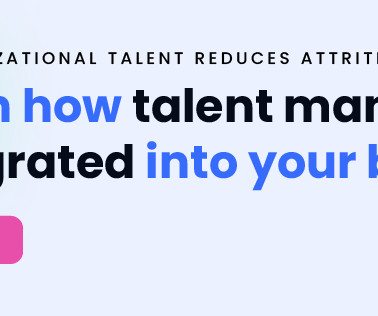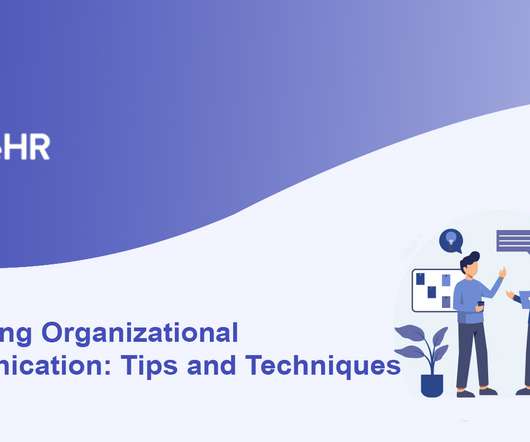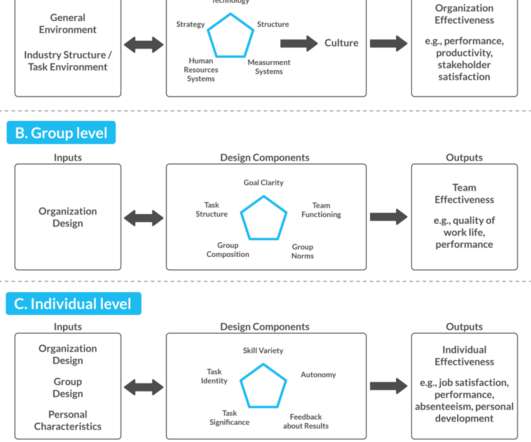The Key Differences Between Transactional and Strategic HR: A Comprehensive Guide
Engagedly
MAY 12, 2024
Human Resources (HR) is an integral organizational unit that manages employee-related tasks and contributes to corporate strategies. Also read: How to Upskill Your Workforce for the Future of Work – Engagedly Comparison Chart: Transactional vs. Strategic HR Below is the difference between transactional HR and strategic HR.
















Let's personalize your content